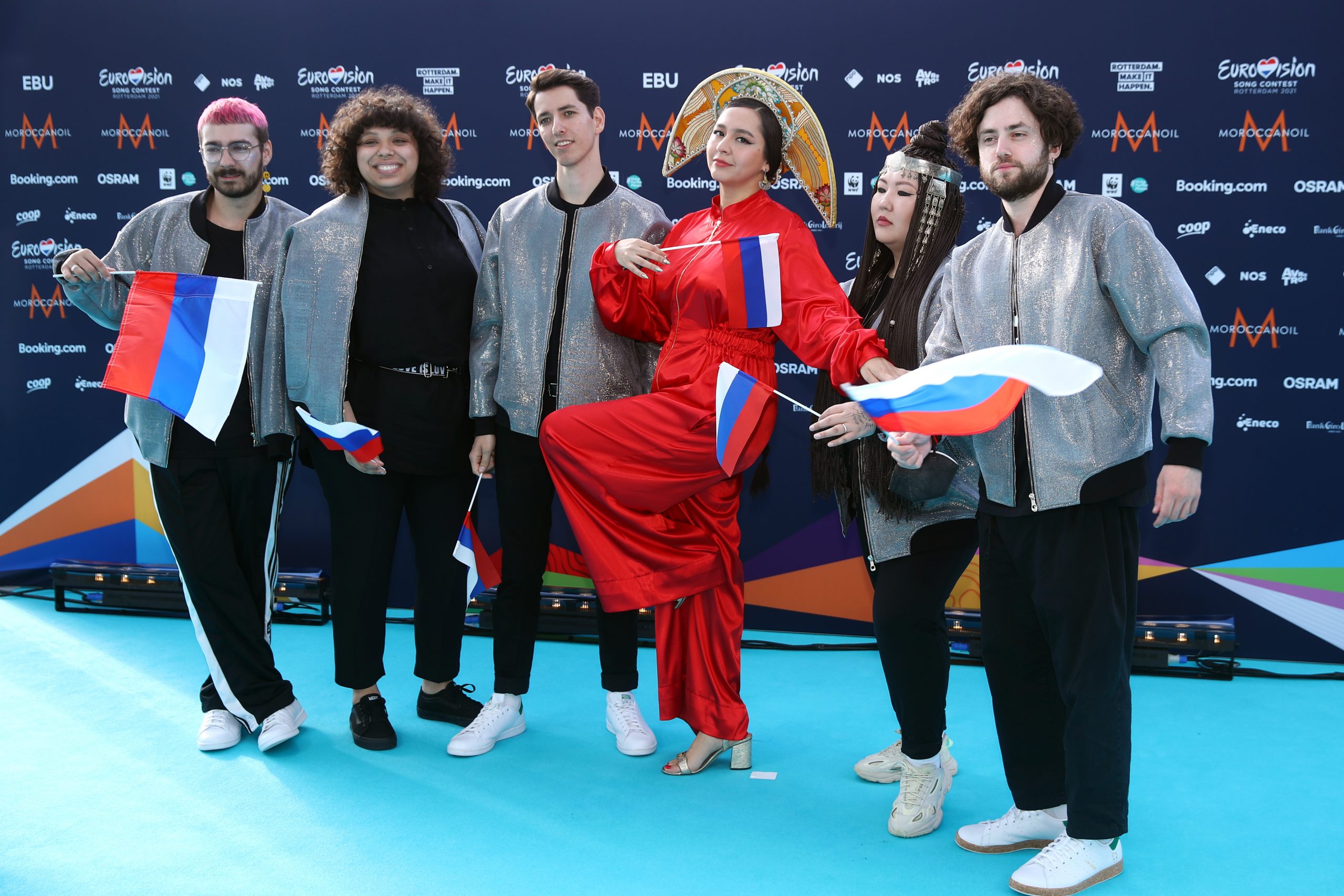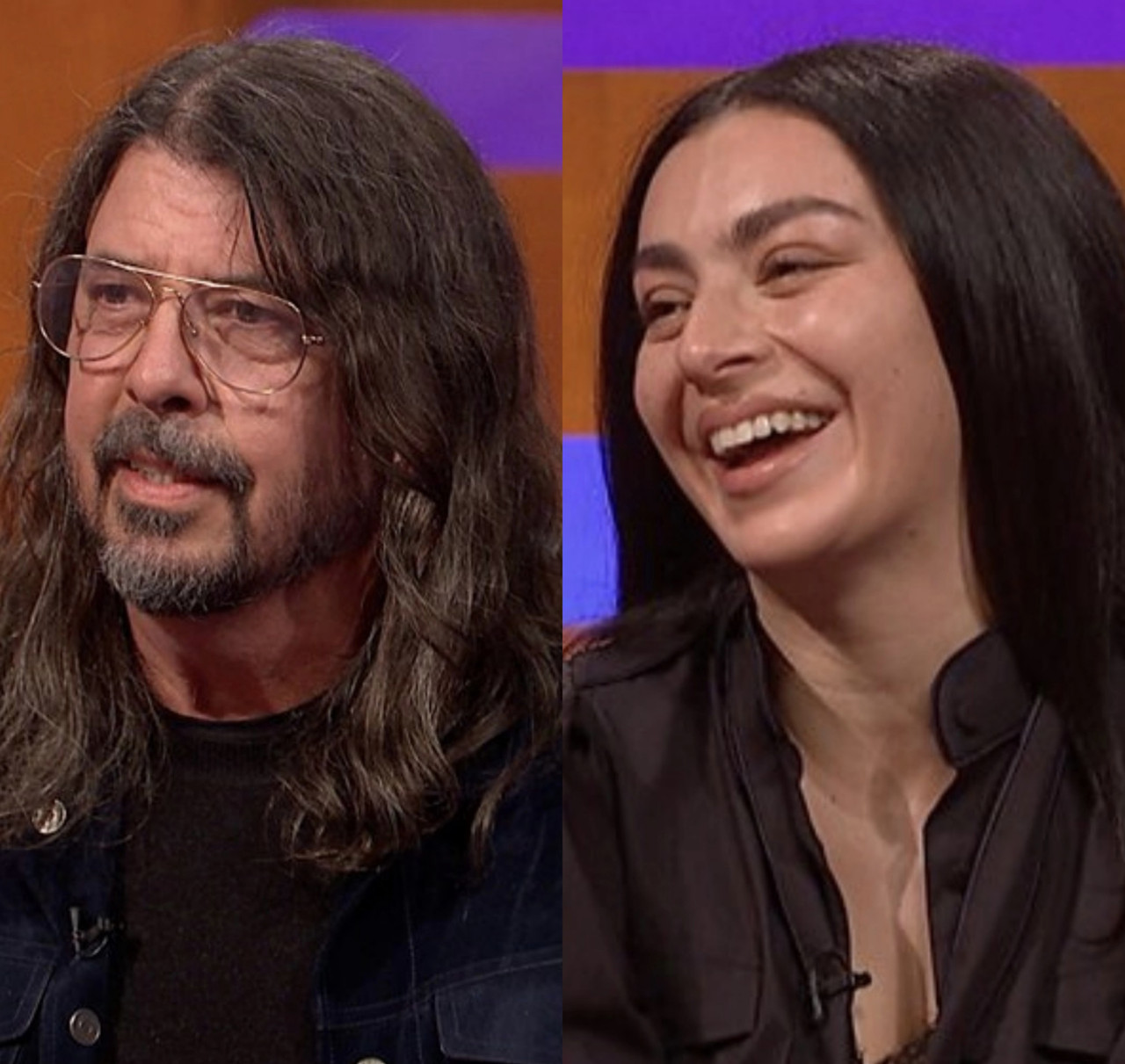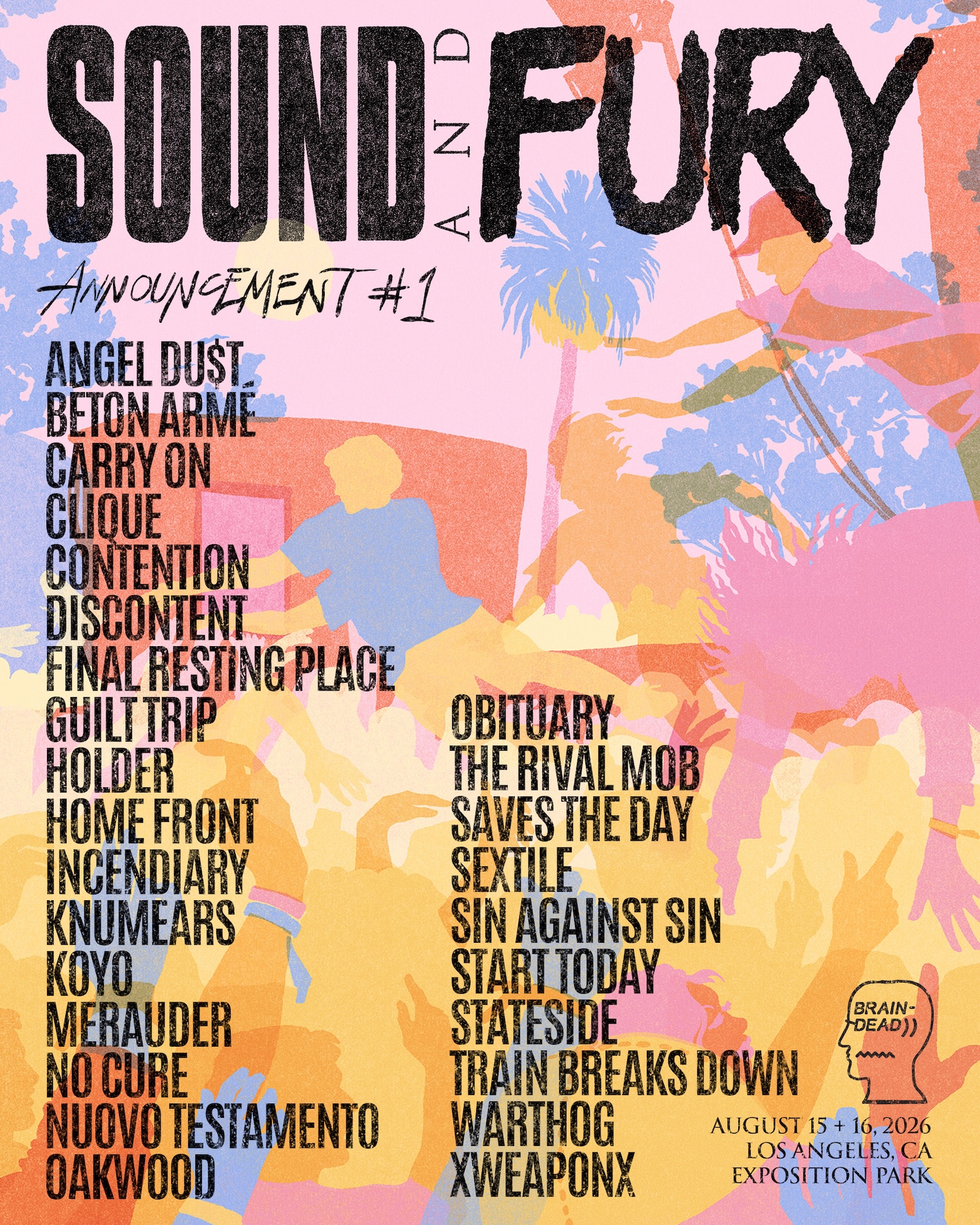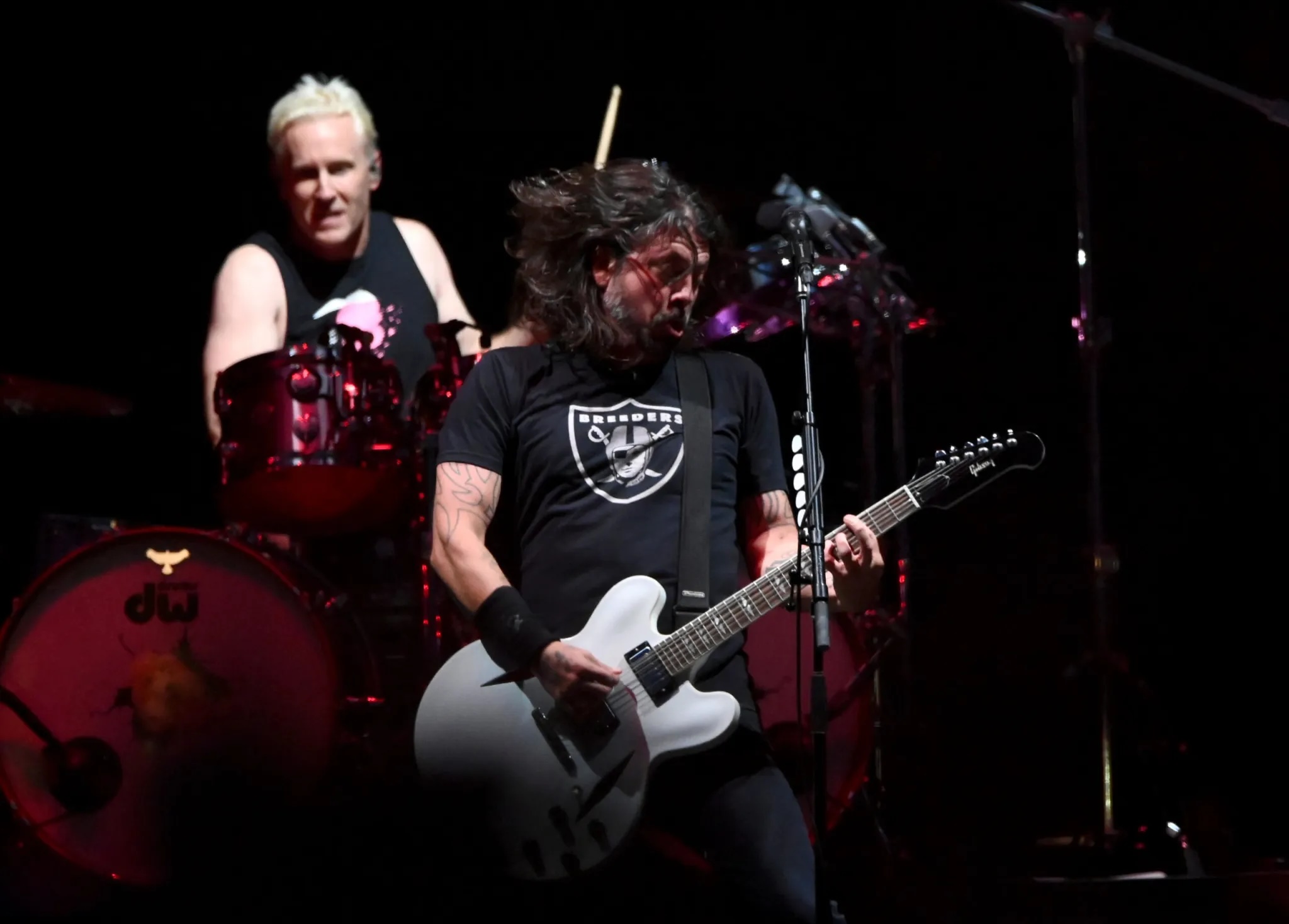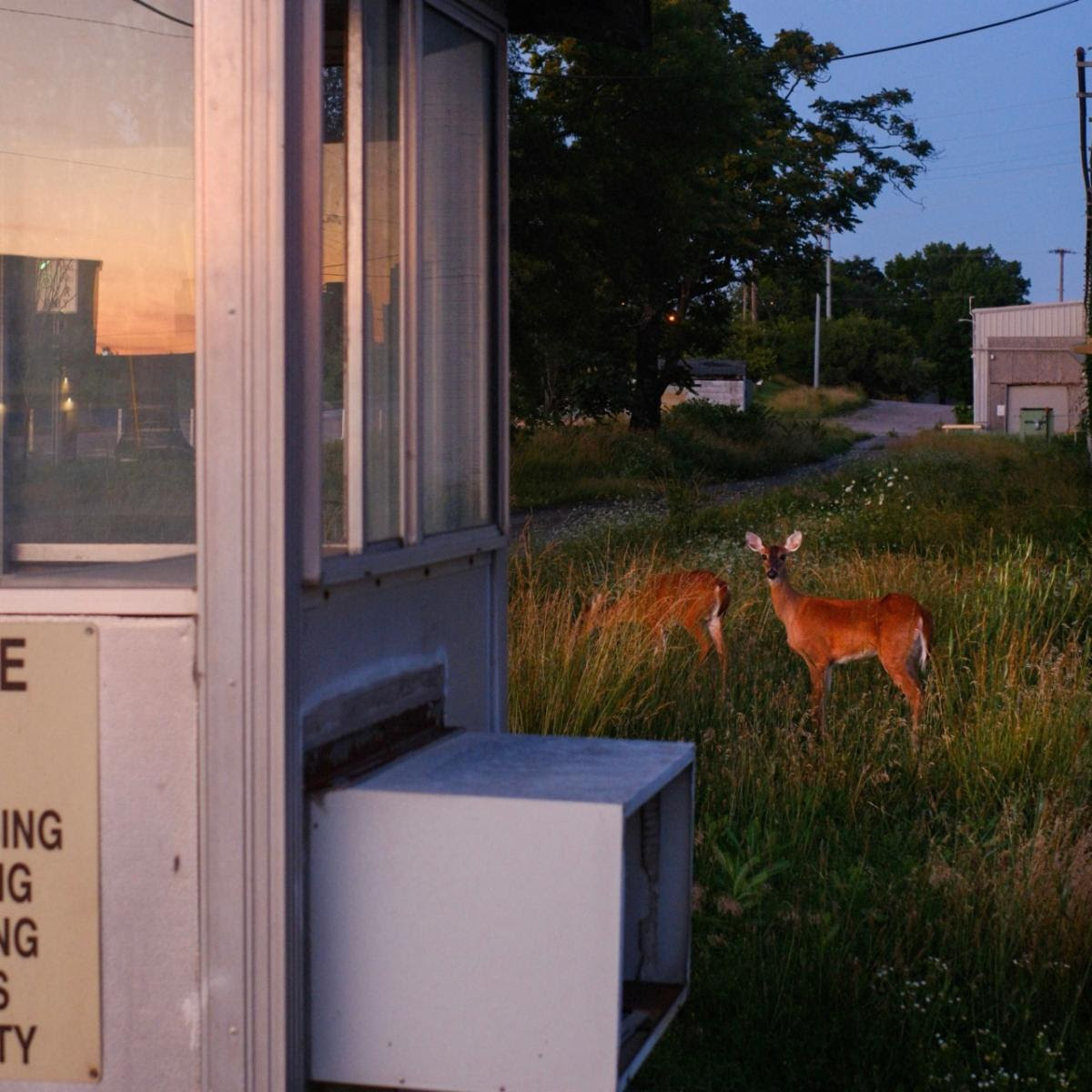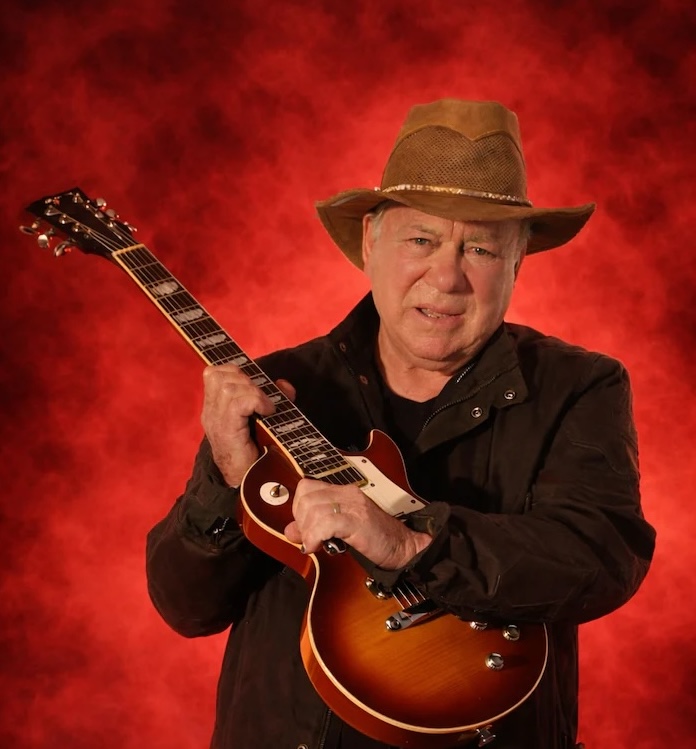Russia has been banned from participating in this year's Eurovision Song Contest in the wake of President Vladimir Putin's invasion of Ukraine, the BBC reports. "The decision reflects concerns that, in light of the unprecedented crisis in Ukraine, the inclusion of a Russian entry in this year's Contest would bring the competition into disrepute," reads a statement from the European Broadcasting Union. "We remain dedicated to protecting the values of a cultural competition which promotes international exchange and understanding, brings audiences together, celebrates diversity through music and unites Europe on one stage."
Yesterday, Eurovision organizers called the competition a "non-political cultural event" and said they were planning to host acts from both Russia and Ukraine but would "continue to monitor the situation closely." Ukrainian broadcaster UA:PBC asked the EBU to suspend Russia's membership, and state broadcasters from Iceland, Finland, Norway, and the Netherlands also called for Russia's removal from the contest. Finland went so far as to say that it would not send a representative to this year's Eurovision Song Contest if Russia were to take part.
The 66th Eurovision Song Contest is set to take place in Turin, Italy in May; Italian rock band Maneskin won the 2021 contest. Russia had not yet announced its act for the contest, which was last won by a Russian performer in 2008, and Ukraine will be represented by the hip-hop trio Kalush Orchestra. Ukraine's original contestant Alina Pash withdrew last week after facing scrutiny over a 2015 visit to Russia-controlled Crimea.
When Eurovision was held in Ukraine in 2017, Russian contestant Julia Samoylova was blocked from entering the country because she had reportedly toured Crimea without entering it through the Ukrainian border; the Ukrainian government considers it illegal to cross into Crimea via Russia. Ukrainian singer Jamala won Eurovision in 2016 with a song about the deportation of Crimean Tatars by Josef Stalin in 1944, which many interpreted as a criticism of Russia's annexation of Crimea in 2014.
Statement from @EBU_HQ regarding Russia's participation in the Eurovision Song Contest 2022.https://t.co/HmKJdqVE4J pic.twitter.com/tVH6yFxzbq
— Eurovision Song Contest (@Eurovision) February 25, 2022
